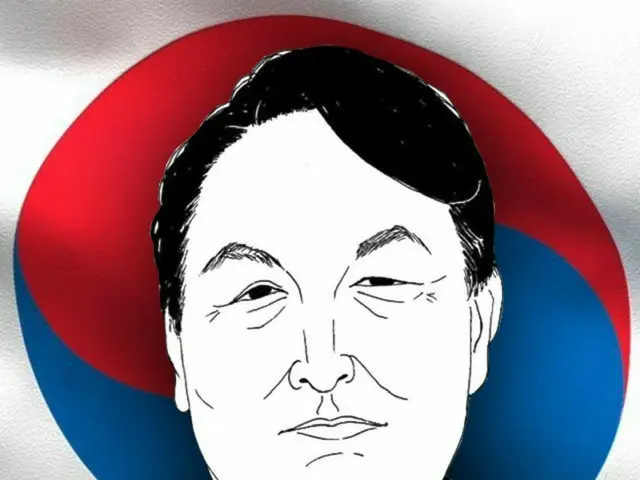However, some have criticized the policy as unrealistic. Caring for infants and young children requires more than just Korean language skills, and young students are unlikely to be able to do this.
Criticism has also been raised over the president's announcement that he would take advantage of a system that would allow foreigners to be employed at wages lower than the minimum wage.
President Yoon also proposed a plan to utilize foreign students to ease the burden of childcare, calling for each family to "directly employ" the students privately.
The government has also made foreign workers take care of Korean children for less than the minimum wage. Domestic servants are not subject to the Labor Standards Act and the Minimum Wage Act.
The aim is to put 100,000 foreign students into the domestic work market and utilize them at low wages. Currently, foreign students are not allowed to engage in domestic work, so this will be institutionally permitted.
However, it remains to be seen how much childcare the young students, who make up the majority of international students, will be able to provide.
"It is important that these jobs are filled by people with plenty of childcare experience," he said, adding, "Foreign students may be able to do housework other than childcare, but it is not easy for them to take care of children."
Mr. A, an office worker living in Seongnam, Gyeonggi Province, said, "I think it would be difficult even for Koreans, not just foreigners, to leave their children in the care of a university student."
The president's message in favor of utilizing foreigners from emerging countries at low wages has also drawn criticism.
Professor Nju said, "The reason why the minimum wage law does not distinguish between Koreans and foreigners is because it means that this amount of money is needed to provide labor and make a living in Korea."
"It is inappropriate for the president to send the message that it is okay to hire foreigners from emerging countries for low wages, even if the law does not apply to private employment," he said.
She also said that the president's remarks could lower the value of caregiving work. Some people are saying that the proposal to utilize international students is not a fundamental solution to ease the burden of childcare.
A (Songpa) ward employee said, "When the child is an infant, I can take childcare leave and look after him/her, but when the child is a toddler, it's a problem." She added, "I can take my child to and from nursery school or kindergarten between 8 a.m. and 10 a.m. and 4 p.m. and 6 p.m.
"The priority should be to introduce flexible working hours so that parents can focus on childcare," she said. Many also point out that the government should start by taking advantage of the public services that are available through the system.
The ministry has set this year's childcare budget at 469.7 billion won (US$526 million), a 32% increase from last year, and plans to increase the number of households using the program from 78,000 last year to 110,000 this year.
At a press conference on the 27th of last month, the Solidarity Union said, "After meeting with local governments across the country, we found that some officials in charge were unaware of the fact that the budget would be expanded, and that Seoul City and other cities had not made plans to increase the number of households using the service.
"He revealed that.
2024/04/05 07:10 KST
Copyrights(C) Edaily wowkorea.jp 107

